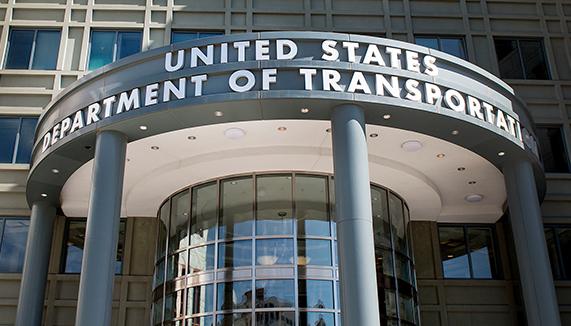Cases
Polyweave Packaging v. Department of Transportation
CASE SUMMARY
NCLA contends that the Department of Transportation’s Pipeline and Hazardous Materials Safety Administration (PHMSA) exceeded its authority under a statute that allows imposition of a civil penalty in response to “knowingly violating” the Hazardous Material Regulations.
Polyweave Packaging, Inc. is a small company that makes packaging for the safe transportation of hazardous materials. The Hazardous Materials Transportation Act of 1975 authorizes civil penalties for selling hazmat packaging that does not conform to regulatory requirements. To prevent individuals and businesses from being penalized for innocent conduct, Congress made clear in 1975 and again in 1990 that a penalty can be assessed only if a person “knowingly violates” those regulations.
PHMSA, however, ignored Congress and asserted it was not “required to show that Polyweave acted in ways it knew or should have known were non-compliant” before assessing a penalty. Indeed, PHMSA assessed a civil penalty without offering evidence that Polyweave acted “knowingly” in selling packaging that allegedly failed to conform with HMR rules. The packaging at issue is a special bag used to ship explosive materials. Polyweave had relied on specific advice from a PHMSA official in the early ’90s that its product was “combination packaging” that only had to be tested every 24 months, instead of “composite packaging” that had to be tested every 12 months. PHMSA changed its mind about the product in 2015 and sought retroactive penalties, even though Polyweave agreed to comply with the new interpretation and testing schedule on a going-forward basis.
On October 18, 2021, PHMSA’s Chief Safety Officer—a career civil servant who lacks appropriate authority—issued a Final Decision affirming alleged violations against Polyweave and assessing a civil penalty of $14,460. One alleged violation was for selling packaging with markings that became blurred over time, which Polyweave could not have known about when it shipped clearly marked packaging to customers (Polyweave immediately replaced its printer when a customer reported the blurring).
PHMSA’s prosecution of Polyweave was also marked by repeated violations of due process of law. PHMSA suppressed documents showings its inspector altered evidence used against Polyweave. The agency even hid its own conclusion that other companies’ use of Polyweave’s allegedly non-compliant packaging to transport explosives did not violate any regulation. Because the civil penalty against Polyweave was assessed more than six years after the alleged violations took place, it is unenforceable under the applicable five-year statute of limitations. Finally, the nature of the civil penalty assessed should have entitled Polyweave to a trial by jury rather than a mere administrative hearing. For these reasons, the Chief Safety Officer’s Final Decision must be vacated.
OUR TEAM
RELEVANT MATERIALS
NCLA FILINGS
Decision on Appeal
May 16, 2023 | Read More
Order of the U.S. Court of Appeals for the Sixth Circuit
January 27, 2023 | Read More
Petitioner’s Opposition To Vacate and Remand
August 1, 2022 | Read More
Motion To Vacate and Remand
July 22, 2022 | Read More
Brief of Petitioner, Polyweave Packaging, Inc.
April 13, 2022 | Read More
PRESS RELEASES
IN THE MEDIA
How the Administrative State Targets Small Business Owners
NCLA Blog
June 29, 2023

